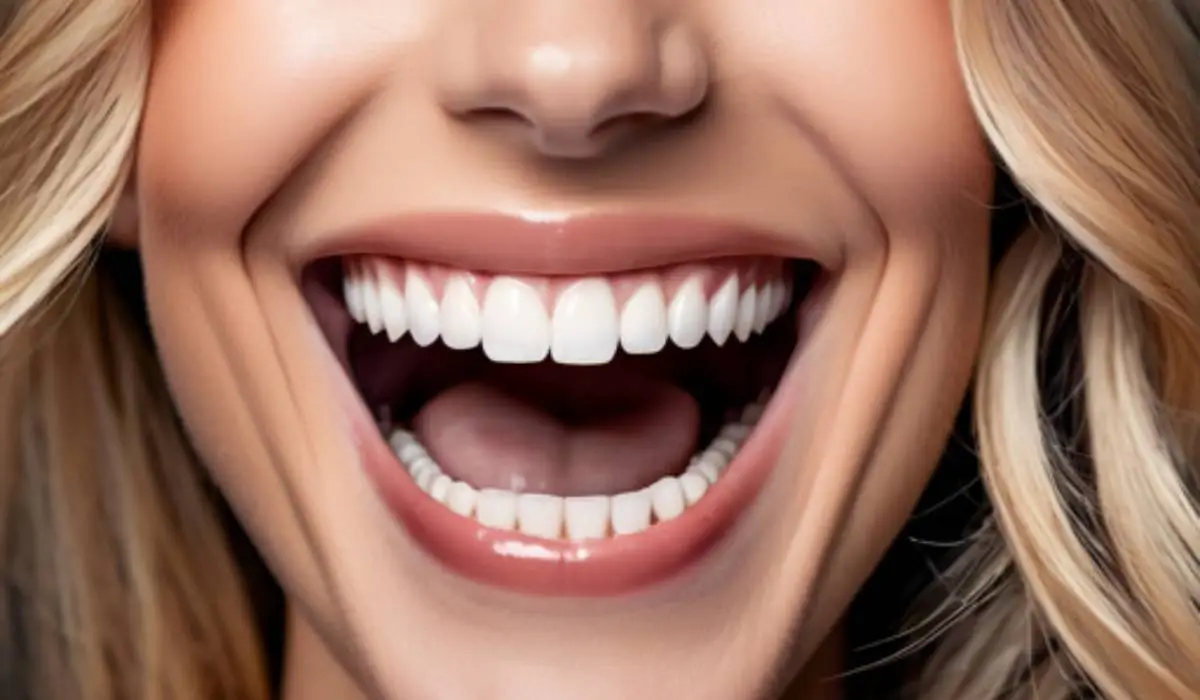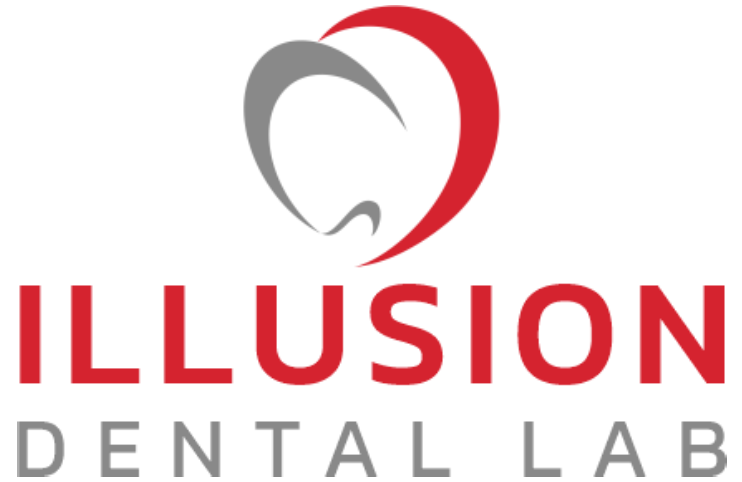Blog Details
Dental Care: A Guide to Tips, Prevention, and Specialized Insights

In this blog, we will discuss the oral healthcare tips that will help you keep your dental health in good shape. It covers everything, from basic oral hygiene tips to special treatments. We will also discuss the most recent developments in dental care. We shall provide helpful information and suggestions on avoiding common dental issues. We will help you develop a better understanding of the latest developments in the dental world. Join us as we present you with the tools to take charge of your dental health and develop a confident, healthy smile.
TIPS TO IMPROVE DAILY ORAL HEALTH
-
Correct Brushing and Flossing:
Understand how to brush and floss properly to keep your oral health clean and hygienic. -
Selecting the Right Toothbrush and Toothpaste:
Every person should choose the best toothpaste (fluoride-based and suitable for sensitive teeth) and toothbrush (manual or electric), depending on their needs. You should change your toothbrush every three months and use a soft toothbrush. -
Why and When to Use Mouthwash:
Mouthwash helps to prevent gum disease, reduce plaque, and refresh breath. In some cases, mouthwash is beneficial, such as following oral surgery or for people with problems like dry mouth. -
Regular Dental Checkups and Cleanings:
One should go for regular dental checkups every six months. It helps to identify dental problems at an early stage and prevent tooth decay or cavities. Regular teeth cleaning helps remove plaque and tartar and gives you a beautiful smile.
What Are the Dental Problems We Face Regularly?
-
Tooth decay:
Plaque forms on teeth and releases acids that destroy the enamel, causing cavities. Poor oral health and a sugary diet are some of the reasons that cause tooth decay. -
Periodontal disease:
It is a gum disease that harms the gums and bones that support teeth. It can range from mild gingivitis (gum irritation) to more serious ones. -
Tooth sensitivity:
Sometimes, you can experience pain or discomfort when drinking or eating hot or cold things. It may be brought on by gum recession, exposed dental roots, tooth decay, or worn enamel. Hence, you feel tooth sensitivity when you consume hot or cold things. -
Bad breath:
Unhealthy oral habits can lead to foul breath. Some other reasons that can lead to bad breath include specific meals, dry mouth, smoking, or underlying medical issues. -
Bruxism (tooth grinding):
It means clenching or grinding our teeth at night or during the day. The primary cause of teeth grinding is extreme stress, which can lead to tooth wear and other muscular problems.
What Are the Tips for Preventive Dental Care?
-
Healthy Diet:
A healthy diet can help build strong teeth and gums. It is important to limit sugary foods and drinks. It will help to lower your risk of developing tooth decay. -
Fluoride:
A mineral, fluoride helps to fortify tooth enamel and increases its resistance to acid attacks from plaque bacteria and carbohydrates. You can consume fluoridated water and use fluoride toothpaste. Also, you can get fluoride treatments or rinses. -
Dental Sealants:
Premolar and molar chewing surfaces are given a thin protective covering known as dental sealants. They serve as a barrier that lowers the risk of decay by preventing food particles and germs from building up in the grooves and crevices of these teeth. -
Regular Dental Checkups:
Regular dental visits and checkups can prevent tooth decay. Dentists can spot early signs of tooth decay, gum disease, and other problems. It will help to detect and treat dental problems at an early stage. It also helps to remove plaque and tartar that can lead to tooth damage.
COSMETIC DENTAL CARE:
-
Teeth whitening:
Teeth whitening uses bleaching substances to brighten teeth's colour and remove stains and discolouration. -
Dental veneers:
They help to hide flaws like chips, cracks, or gaps in teeth. Thin porcelain or resin shells are fixed to the front surface of the teeth to cover the chips and gaps. Veneers help to enhance the beauty of your smile. -
Dental bonding:
Dental bonding consists of a composite resin material that is tooth-coloured. It is used as a tooth-coloured filling material. Dental bonding helps to improve the appearance of teeth that are chipped, decaying, or discoloured. -
Dental implants:
They are a natural-looking and long-lasting replacement for lost teeth. They are artificial tooth roots of titanium that are surgically fitted into the jawbone. They are covered with a natural-looking dental crown. Implants help to replace the form and function of your lost teeth. -
Dental crowns:
They are also called tooth caps that help restore damaged and broken teeth. They cover the tooth and help it perform like before. This enhances the appearance of the tooth and restores its strength. -
Orthodontic treatments:
Crooked teeth or gaps in teeth need orthodontic treatment. Your dentist can use metal braces or invisible aligners like Illusion Aligners to straighten misaligned teeth. It helps to enhance teeth function and the beauty of your smile. -
Gum contouring:
Gum contouring is like a makeover for your gums. Dentists remove extra gum tissue or shape it to make your smile look better. This makes your gums and teeth look more balanced and attractive. It helps to treat receding gums or extra gum coverage over the teeth.
ORAL HEALTH AND OVERALL HEALTH:
The state of one's mouth and overall health and well-being are interconnected. Poor oral health can lead to gum disease, tooth decay, and bad breath. If you have problems with your oral health, like gum disease or cavities, it could mean you're more likely to get other health issues, such as diabetes, heart problems, or respiratory infections. Brush your teeth, use dental floss, replace your toothbrush, and visit your dentist regularly for dental checkups to maintain good oral health.
SPECIALIZED DENTAL CARE:
-
Orthodontics:
Orthodontic treatment helps to realign the jaws and teeth. Braces, clear aligners such as Illusion Aligners, and other orthodontic tools are used to straighten teeth and improve bite position. -
Periodontics:
The diagnosis and treatment of periodontal (gum) problems are covered by periodontics. Deep cleanings, gum surgery, gum grafting, and dental implants are all areas covered by periodontists. -
Endodontics:
Endodontics is the study and practice of diagnosing and treating diseases of the tooth pulp and the roots of teeth. Endodontists perform root canal therapy and other procedures to save and repair decayed or broken teeth. -
Oral and Maxillofacial Surgery:
Face, jaw, and mouth surgeries are the specialties of oral and maxillofacial surgeons. Wisdom teeth extraction, jaw realignment, face trauma repairs, and dental procedures are among the procedures they carry out. -
Prosthodontics:
Prosthodontics aims to replace and restore lost teeth. Dentures, dental crowns, bridges, and dental implants are all areas of expertise for prosthodontists. Metal-free zirconia crowns like Illusion Zirconia Dental crowns are an excellent choice. It adds strength and beauty to all the restorations. -
Pediatric Dentistry:
Pediatric dentists are experts in treating children's oral problems. They have the skills to handle children's oral health requirements. It includes preventive care, early orthodontic intervention, and treating kid-specific oral health problems. -
Dental Sleep:
Dental sleep medicine includes diagnosing and treating breathing disorders during sleep, like snoring and obstructive sleep apnea. Dentists can offer dental appliance therapy to patients to help with breathing and sleep quality. Anti Snoring Device is one such device that helps treat mild to moderate symptoms of obstructive sleep apnea and helps to improve sleep quality.
DENTAL TECHNOLOGY AND INNOVATIONS:
Dentistry has changed a lot due to new inventions and technology. Laser dentistry, tooth implants, and 3D printing have transformed dental treatments. Modern dental prostheses, like Illusion Zirconia Dental Crowns, are stronger and improve smiles. Devices like iScanPro scanners and better CAD/CAM technology have elevated dentistry. Dental lasers make treatments less painful and more comfortable than traditional methods. In summary, advancements in dental tech enhance treatments and the patient experience.
DENTAL HEALTH MYTHS BUSTED:
-
1. Myth:
Healthy teeth and gums can be achieved by brushing more vigorously and regularly.Fact:
Brushing too vigorously can harm your teeth's enamel and irritate your gums. It can result in sensitivity and gum recession. It is always advisable to brush twice daily for two minutes each time. Use a soft brush that is gentle on your gums. -
2. Myth:
Gum bleeding while brushing or flossing is normal.Fact:
If you have bleeding gums, it can be a sign of gum disease. It is essential to visit your dentist to help identify the issue and receive the proper care for bleeding gums. -
3. Myth:
A major contributor to tooth decay is sugar.Fact:
Sugar is one of the primary elements that contribute to tooth decay. However, a lack of dental care can also be a breeding ground for bacteria in your mouth. These bacteria transform carbohydrates into weakening acids. These acids cause tooth decay. -
4. Myth:
Mouthwash can take the place of flossing and brushing.Fact:
Brushing and flossing are still necessary for good oral hygiene, but mouthwash can be a helpful complement. Yes, brushing and flossing are essential to keep your teeth and gums healthy by removing plaque. -
5. Myth:
Baby teeth eventually fall out. They are unimportant.Fact:
The development of speech, chewing, and the direction of the growth of permanent teeth all depend on the health of baby teeth. Problems with spacing, alignment, and general dental health might result from not taking care of baby teeth. It is advisable to speak with your dentist about the proper dental care guidelines and follow them to improve your oral health.





